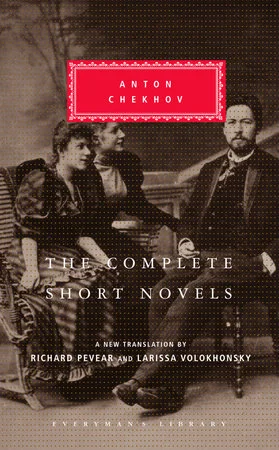Russia and its World
Russia in all its aspects has always exerted a pull on me. Its history, art, music, food, landscapes, dress in all varied ethnic glory, and, above all, its literature have a special access to my attention. A major challenge is Russia’s colossal size and diversity of geography. Another continual surprise is the number of its distinctive peoples, each with unique folkways and histories. Russia has had some epic totalitarian regimes over its long history — but it also has been the home of some of the world’s greatest, most creative, and most influential anarchist philosophers. Russia is big enough and complex enough to handle all sorts of contradictions and paradoxes — and to claim them all proudly (and fatalistically, a classic Russian trait).
Over the years I have noticed that my store has become home to a great range of literature, fiction and nonfiction, of the Russian soul and mind and heart. I share it here and may update it as often as possible.
The Complete Short Novels
The Complete Short Novels
Anton Chekhov, widely hailed as the supreme master of the short story, also wrote five works long enough to be called short novels–here brought together in one volume for the first time, in a masterly new translation by the award-winning translators Richard Pevear and Larissa Volokhonsky.
The Steppe—the most lyrical of the five—is an account of a nine-year-old boy’s frightening journey by wagon train across the steppe of southern Russia. The Duel sets two decadent figures—a fanatical rationalist and a man of literary sensibility—on a collision course that ends in a series of surprising reversals. In The Story of an Unknown Man, a political radical spying on an important official by serving as valet to his son gradually discovers that his own terminal illness has changed his long-held priorities in startling ways. Three Years recounts a complex series of ironies in the personal life of a rich but passive Moscow merchant. In My Life, a man renounces wealth and social position for a life of manual labor.
The resulting conflict between the moral simplicity of his ideals and the complex realities of human nature culminates in a brief apocalyptic vision that is unique in Chekhov’s work.

